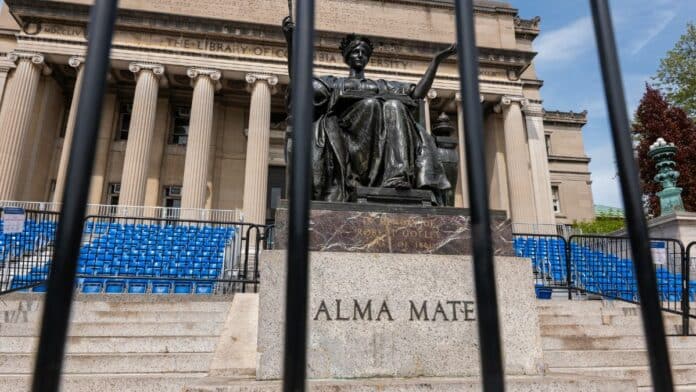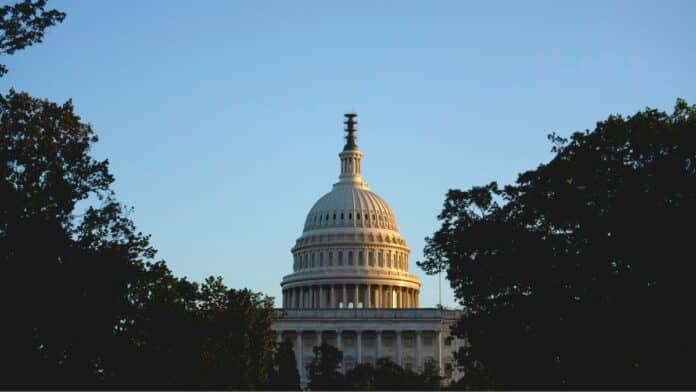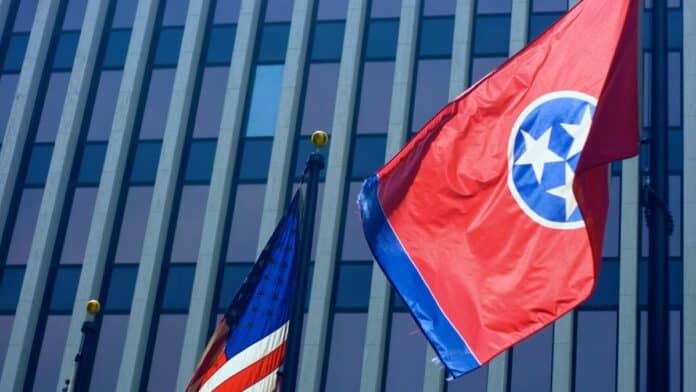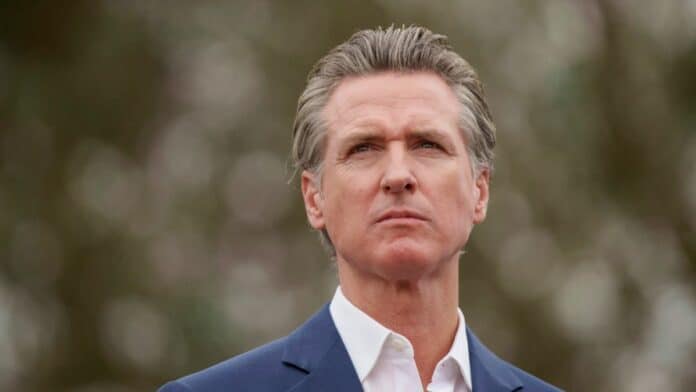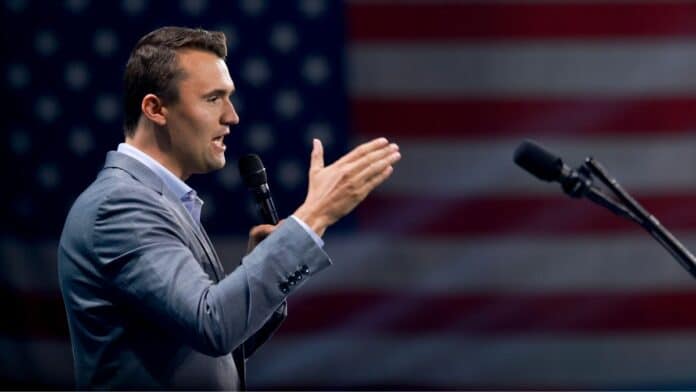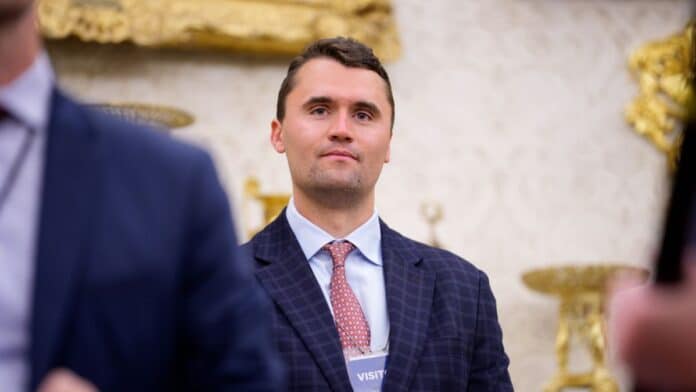Columbia University has been named one of the worst colleges in America for free speech, according to the 2026 College Free Speech Rankings published by the Foundation for Individual Rights and Expression (FIRE). The university landed at 256 out of 257 schools surveyed, just above Barnard College, which came in dead last.
The FIRE report evaluated 257 institutions based on how well they protect and promote free expression. Columbia received failing grades in categories like “Administrative Support” and “Comfort Expressing Ideas,” contributing to its near-bottom ranking. The survey results reflect growing discontent among students who feel silenced by rigid ideological environments and administrative indifference.
More than 60 percent of schools in the survey received a failing grade for free speech. Columbia’s low ranking suggests that students there are among the least confident in expressing differing views. The report specifically noted that conservative and religious students feel especially targeted or marginalized.
Southern universities dominated the top of the rankings, with schools like the University of Florida and Auburn earning high marks. In contrast, Northeast schools like Columbia, Barnard, and others showed consistent hostility to open dialogue. Only ten schools from the Northeast made it into the top 100, despite the region’s high concentration of elite institutions.
One admissions counselor, reacting to the rankings, said students are now actively avoiding campuses known for ideological strife. “I don’t want to go to a college where everybody’s angry at each other, and everybody’s fighting over everything,” the counselor told FIRE.
The report follows years of controversy at Columbia over censorship, disinvited speakers, and a pattern of administrators failing to defend academic freedom. Critics argue that elite institutions are abandoning their responsibility to uphold the free exchange of ideas, especially when those ideas challenge left-wing orthodoxy.


